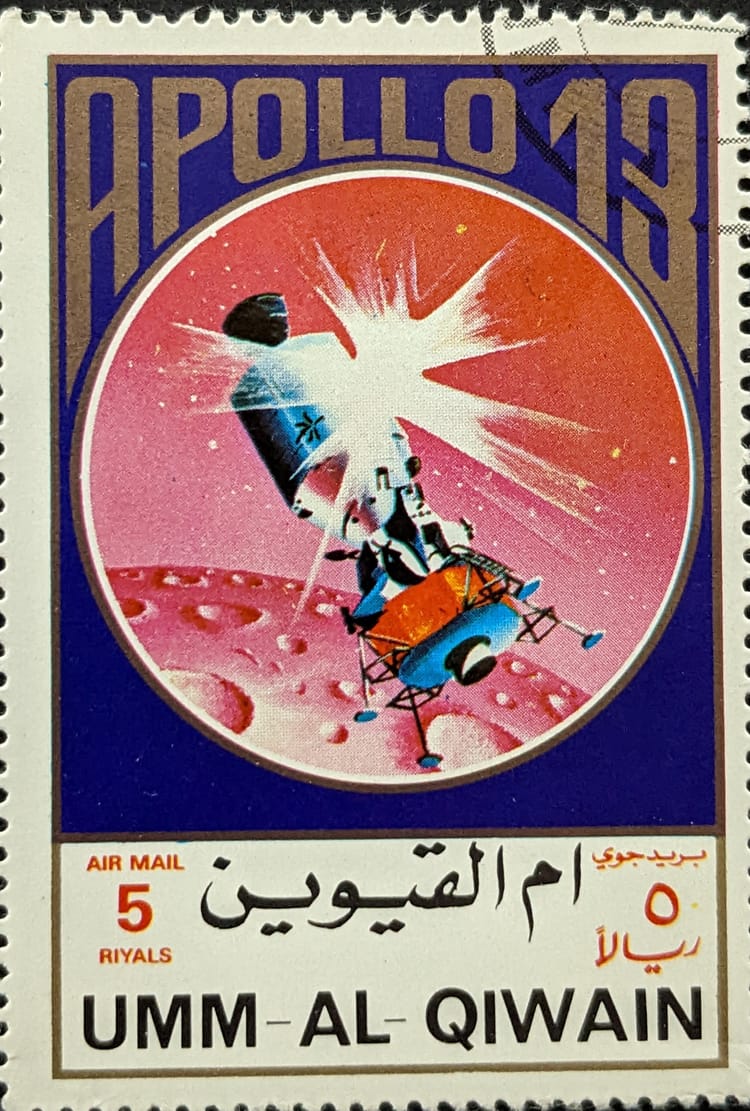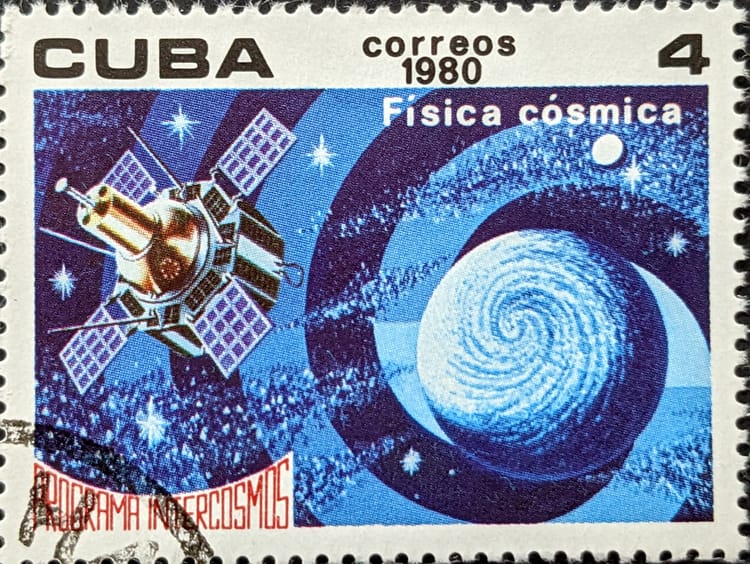Virgin Galactic 1Q20: Company Keeps Moving Right Along
Virgin Galactic’s earnings call for the first quarter of 2020 contained no surprises: it lost money. But without an operational service yet, and COVID-19 impacts, how would it have ever made money this last quarter? On the bright side, it gained 400 more reservations for a seat on its SpaceShipTwo rocketplane. And the company's talking with NASA about technology that would help develop point-to-point transport.
To make sure there’s no confusion right at the start--this is not an earnings report (there are plenty of other sources for those).
Of all the launch companies in the United States, Virgin Galactic stands out in a few ways. First, as of late last year, it’s the only public company with a rocket. This means we get some insight into how this kind of company will do in a “luxury goods and experiences market.” Second, the rocketplane is designed for carrying passengers. The only other company that is aiming to do something remotely similar is Blue Origin, so however the market is reacting to Virgin Galactic may provide a glimpse into Blue Origin’s future as well.
And, well, it’s a Virgin company, meaning the company caters to its customers very well, providing an experience as well as a service aimed at well-to-do customers. Virgin Galactic is no different from other Virgin companies in that respect. During the company’s first earnings call, Virgin Galactic’s CEO, George Whitesides, stated:
We view our offering as a luxury out-of-home experience. The growth of this segment of the luxury goods and experiences market has outpaced the broader segment by approximately 7% in 2018 and our research indicates this trend is expected to continue.
Whitesides also provided a list of key activities during that call, the critical things the company needs to accomplish before its SpaceShipTwo rocketplane is ready for commercial service. They are:
- Finish flight testing
- Test end-to-end customer experience
- Ensure vehicles are ready for lots of use every day
Those activities can be accomplished concurrently and during the second earnings (20Q1) call on Tuesday, Whitesides’ description of Virgin Galactic’s activities indicated the company was doing just that. But even with concurrent activities, where is the company in relation to those three major activities? And has the pandemic affected the company in negative or positive ways?
Working in Spite of COVID-19
The second question impacts the first, so let’s review what Whitesides said during the Q1 call about how the pandemic impacted it.
“...I have a few updates on how the global COVID-19 pandemic, which is at the top of everyone's minds, has affected our company. First, I want to make it clear that the health and safety of our employees, their families, and our local communities are our top priorities. And we believe we must all do our part to slow the spread of COVID-19 and support the nation's health care workers. As such, we have taken appropriately cautious steps to protect our workforce and support community efforts.”“As part of these efforts, and in accordance with applicable government directives, we initially reduced and then temporarily suspended on-site operations at our facilities in Mojave and Spaceport America in March. During that period of time, approximately two-thirds of our employees and contractors were able to complete their duties from home, which enabled much critical work to continue, including engineering analysis, and drawing releases for VSS Unity, VMS Eve and the second spaceship to vehicle process and documentation update, as well as workforce training and education.”“Correspondingly, during this period, approximately one-third of our workforce was unable to perform their normal duties from home. In April, in accordance with our classification within the critical infrastructure designation, we resumed some limited operations, which we then ramped up each week, as we developed revised operational and manufacturing plans that conform to the latest COVID-19 health precaution. As of today, over 90% of our employees whose work requires them to be in the facilities are now working back on site.”
My impression is the company and its workforce suffered like the rest of us. Luckily, most of them could still work from home. The rest couldn’t work at all--at least not during March. But to have 90% of its workforce now working again seems to be a pretty reasonable outcome from the chaos. The way Virgin Galactic is handling this seems very different from the toxicity exuded from Blue Origin’s management during the same period.
Noteworthy is how Virgin Galactic appears to be maturely handling the pandemic’s impact on its manufacturing and operations--rare for a “new space” company. Consider--the company is attempting to test its rocketplane while building others, moving a lot of operations to New Mexico, updating its spaceport, conducting “launch” exercises coordinating teams of people and inflicting them with corresponding “Kobayashi Maru” scenarios, coming to grips with being a public company...and working around the pandemic.
And it seems to be okay. It doesn’t appear to be the OneWeb of launch companies.
As with many companies across the U.S., Virgin Galactic is also contributing employee talents to battle against COVID-19. Instead of ventilators, Whitesides noted during the call that the company is churning out reading/PPB hoods.
Launch Schedule still Closely-held
In spite of COVID-19 (the company might actually have been helped by it), Virgin Galactic has continued working towards its top priority. In the first earnings call, Whitesides elaborated on that priority:
“We continue to focus on our top priority of the year, which is to fly Richard Branson into space on a commercial flight. It will be a powerful signal to the world that the next phase of commercial human spaceflight is beginning and it will be a transformative moment for the company and its employees, customers and stakeholders.”
The priority is, then, to start flying passengers sometime in 2020, but no specific date has been provided from Virgin Galactic yet. While the company isn’t quite ready to provide information regarding the pandemic’s impact on its schedule, no one realistically expected Virgin Galactic to start flying passengers commercially so in the early part of this year, either.
The company has been taking its time, especially after the disaster that killed one of its pilots. It’s not completed flight testing, nor are its spaceport facilities ready--and the company really wants its customers to have an experience before they even sit in SpaceShipTwo. And when they get launched in SpaceShipTwo, they want that part of the experience to be safe--so uneventful that all passengers think about is the view of Earth while floating in microgravity above it.
In some ways, even though its workforce was short for a little while, the pandemic’s effect might have ultimately been beneficial. Virgin Galactic isn’t operational yet, so it doesn’t have to worry about an income stream temporarily evaporating. In fact, people were expecting the company to keep up its spending on all the activities its been doing during this latest quarter.
The pandemic allows the company to push milestones and goals to the right on the schedule, something that would’ve happened anyway. But the company can honestly blame COVID-19 for some of the delays. No customers and an extended schedule might give Virgin Galactic a bit more time to be more methodical in its current operations, ensuring everything works “just so.”
All the above information points to the Virgin Galactic team seeming to be fairly confident in its activities and its goal. The management team seems to be taking current challenges in stride and ensuring necessary work gets accomplished. At the same time, its reservation increases show there is interest in the company’s ride to space.




Comments ()